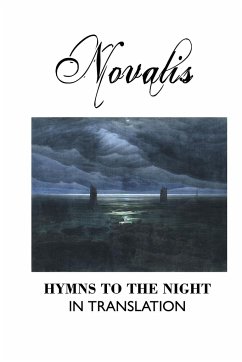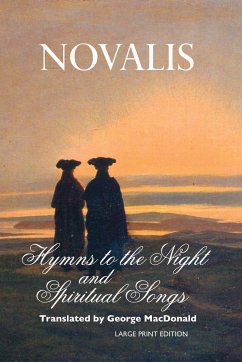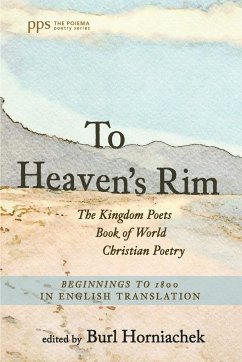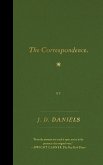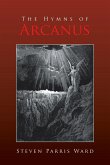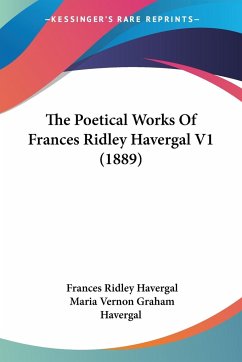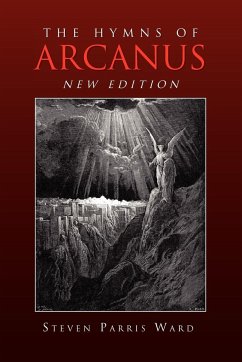NOVALIS HYMNS TO THE NIGHT IN TRANSLATION Edited by Carol Appleby A new edition of Novalis' Hymns To the Night, translated by George MacDonald, Henry Morley, M.J. Hope and Paul B. Thomas. Includes the German text and illustrations. With an introduction and bibliography. Novalis (Friedrich von Hardenberg, 1772-1801) is the most mystical of the German Romantic poets. He is at once the most typical and the most unusual of the German Romantic writers, indeed, of all Romantic poets. His best known work, Hymnen an die Nacht , was published in 1800. Novalis is supremely idealistic, far more so than Johann Wolfgang von Goethe or Heinrich Heine. He died young, which makes him, like Percy Bysshe Shelley and John Keats, something of a hero (or martyr). He did not write as much as Shelley, but his work, like that of Keats or Arthur Rimbaud, promised much. It's true, Novalis' work is supremely idealistic, and utopian. But it is also mystical, because it points towards the invisible, unseen and unknown, and aims to reach that ecstatic realm Illustrated. 132pp. www.crmoon.com
Bitte wählen Sie Ihr Anliegen aus.
Rechnungen
Retourenschein anfordern
Bestellstatus
Storno

